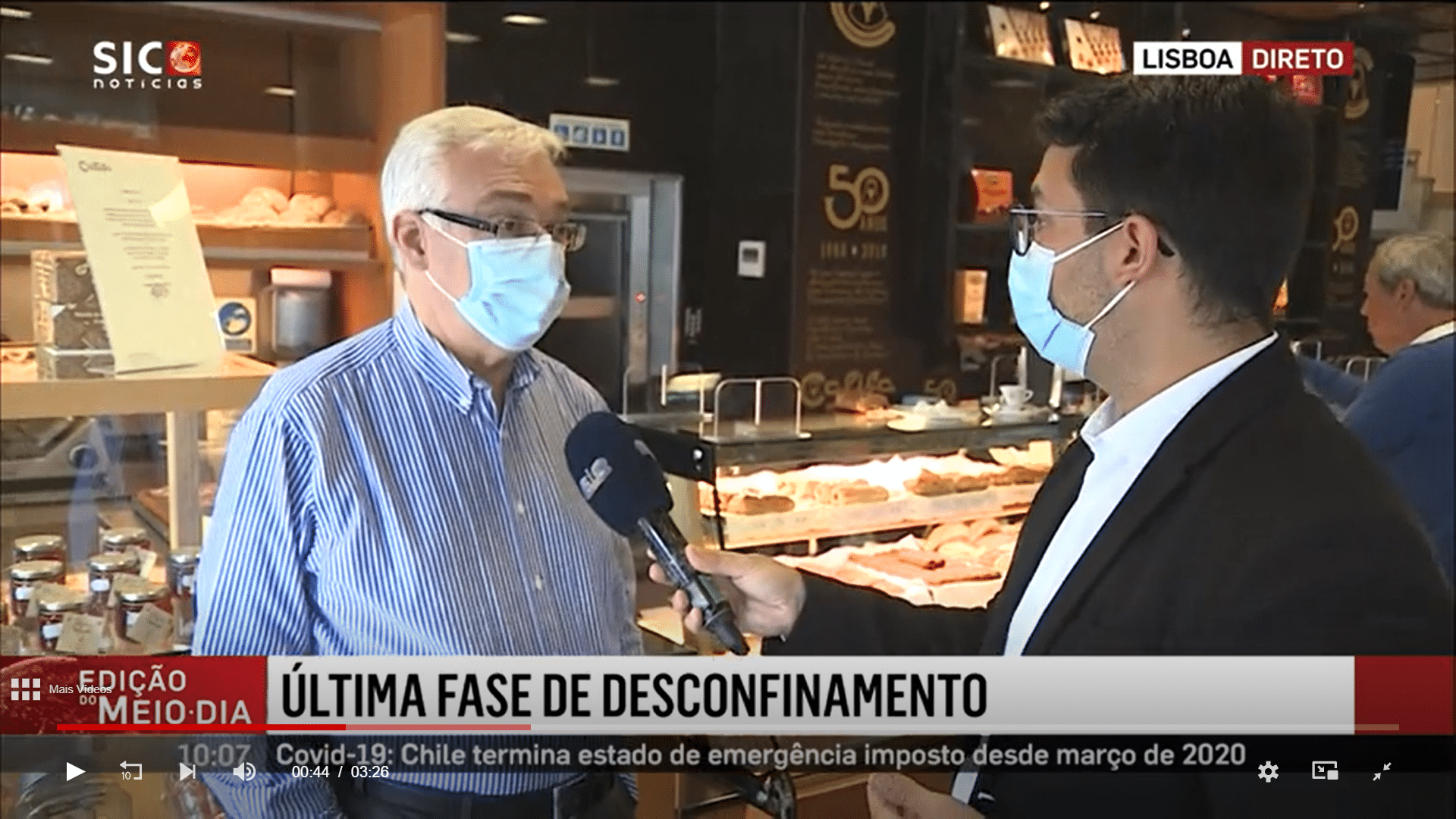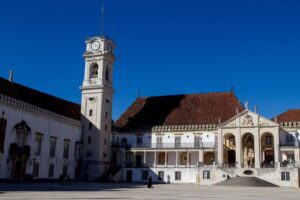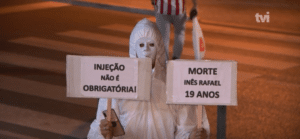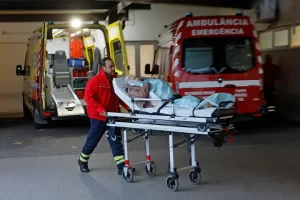‘Freedom Day’ has arrived, with almost no noticeable difference in Portugal’s streets.
Despite the fact that the wearing of masks in the open air is largely no longer enforceable, citizens are still doing so. They are still wearing masks into shops – even though the rules have changed – and quite a few shops and premises are still asking their customers to stick to the old rules of ‘masks on’ in face-to-face interactions.
In typical Portuguese style, ‘freedom day’ has arrived under a shroud of doubts. No-one is totally sure what they should or shouldn’t be doing, so the general policy is ‘keep doing what you did before’ (see update below).
Noticeable differences should start in earnest this evening when restaurants will be allowing diners in without the need to show Covid Digital Certificates; there will be no limits on the numbers at tables – and bars and discos can finally reopen.
But as all this begins, there are ‘niggling concerns’: can this possibly be an end to all the restrictions? Or is this just a welcome lull before yet another storm?
Certainly the government is taking no chances. In interview with Expresso, health minister Marta Temido has admitted that the vaccination process “is to continue”.
To this end Portugal has purchased another 24 million vaccines: ostensibly to cover the 100,000 immunosuppressed (whose third doses are already being rolled out); the elderly (should the decision be made that these do indeed need a third dose to carry them through the winter) and children who are going to be 12 in 2023.
The sums however do not ‘add up’: 24 million doses are way beyond the requirements of these limited sections of a population that all told numbers just over 10.3 million people.
Ms Temido explains this is because ‘an extreme scenario’ may indeed require booster shots for the entire population.
Meantime, she revealed that ‘around 14,000’ 16-17 year olds who began their vaccinations process in the summer have not returned for their second jabs.
For those unclear about today’s new freedoms (click here)
One development in the wider context that is turning heads has been the revelation that European Ombudsman Emily O’Reilly has launched an investigation into the European Commission’s refusal to reveal the content of communications between EU Commission President Ursula von der Leyen and Pfizer’s CEO Albert Bourla.
These communications (in the form of text messages) took place earlier this year reported the New York Times in April, when “things were going from bad to worse for the European Union’s vaccination campaign”.
Against a backdrop in which more and more ‘connections’ between Pfizer and ‘decision-making’ over vaccinations’ roll-out have been appearing (click here and here), the New York Times article claims Ms von der Leyen spent a month exchanging texts and calls with Mr Bourla as part of negotiations to procure vaccines for the EU.
For reasons of accountability, the content of those messages should be on public record, but according to reports Ms von der Leyen ‘lost them’: the official explanation from the Commission is that “no record of such messages was kept”.
UPDATE Saturday October 2:
Since uploading this story online, a reader from Canada has written in to stress the sense in holding onto mask-wearing in spite of new found liberties.
She explained: “I read with concern your article on the new freedom rules that came into place yesterday. It ominously read in the same vein as the announcement made in Alberta in July. In Canada, health policy comes under the jurisdiction of the provinces, and Alberta’s provincial government set everyone free in time for the summer in order that businesses could capitalize on events such as Canada Day and the Calgary Stampede, only to now have their health system crashing, triaging protocols in place and hospitals generally unable to cope. Although in contrast to Portugal, Alberta’s vaccination rate at the time was not as high, we are still seeing many vaccinated people in our hospitals. I was glad to read in your article that people are continuing to wear their masks and that booster shots have been procured. Alberta is an example of what happens when measures are relaxed too quickly. I hope and pray that this does not happen to Portugal”.
Coincidentally, the same ‘reversal of fortunes’ also happened earlier this year in Israel, after the country ‘opened up’ with a large chunk of its population fully vaccinated.
Israel has since had to reintroduce restrictions, roll-out 3rd booster shots and, according to an article in Bloomberg last month, “is preparing for a 4th possible vaccine dose”.


























